If you’re looking for ways to help the environment, becoming an environmentalist is a great way to start. There are many things you can do to help protect our planet, and being an environmentalist is one of the best ways to make a difference.
You don’t have to be a scientist or an environmental expert; just by making small changes in your everyday life, you can help reduce your carbon footprint and make a big impact on the world. Here are some tips on how to become an environmentalist and make a positive impact on the world around you.
Who Is an Environmentalist?
An environmentalist is someone who works to protect the environment from pollution and degradation. An environmentalist may also be referred to as a conservationist.
There are many ways that someone can become an environmentalist. Some people become involved in their local community, working to clean up parks or rivers. Others work on a larger scale, lobbying for environmental laws and regulations to protect endangered species.

Some people even choose to live “off the grid,” completely disconnecting from society to minimize their impact on the planet.
Some people become involved in politics to try to pass laws that will help the environment. Others work for environmental organizations or start their own. Some people choose to live a “green” lifestyle, using fewer resources and creating less waste. And some people raise environmental awareness through art, writing, or teaching.
No matter what path you choose, becoming an environmentalist is a great way to make a difference in the world. It’s also a great way to learn more about the natural world and our place within it.
How To Be An Environmentalist
The beginners must follow these steps to become environmentalists:
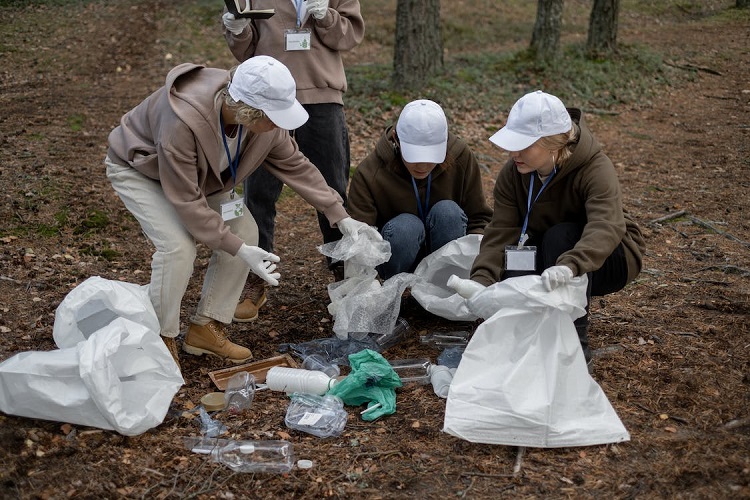
- Understand the basics of environmentalism.
- Take action to protect the environment.
- Educate others about the importance of protecting the environment.
The first step to becoming an environmentalist is learning about the environment and the issues that impact it. There are a variety of ways to do this, including reading books and articles, watching documentaries, and attending seminars and conferences. Once you have a good understanding of the problem, you can start looking for solutions.
There are many different ways to be an environmentalist. Some people choose to work in conservation or renewable energy fields, while others focus on education and activism. Whatever path you choose, remember that every little bit helps.
Here are a few tips on how to be an effective environmentalist:
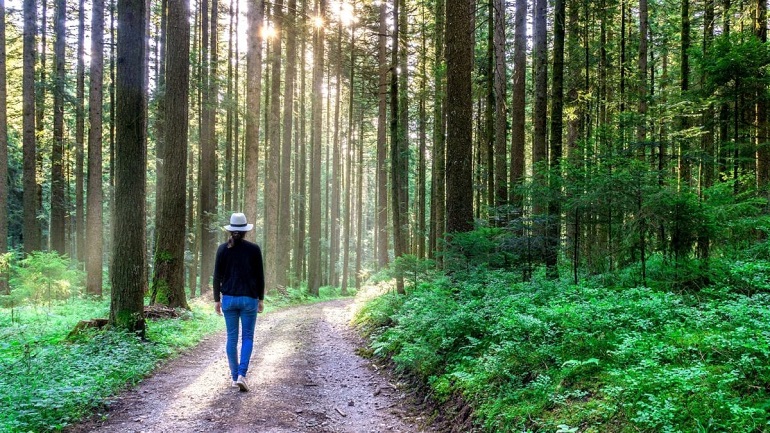
Be Informed
One of the best ways to become an environmentalist is to start educating yourself about the issues. As an environmentalist, it is important to stay up-to-date on the latest news and information about the environment.
Read newspapers, books, magazines, and websites that focus on environmental issues. You may watch documentaries and talk to people who are already involved in the movement. This will help you understand the problems and find solutions.
Research things like climate change, deforestation, ocean acidification, and air pollution. The more you know about the problems, the better equipped you’ll be to tackle them.
Get Involved
There are many ways to get involved in the fight for a better environment. You can join an organization or start your own. You can also volunteer your time to help with environmental projects.
Be Active
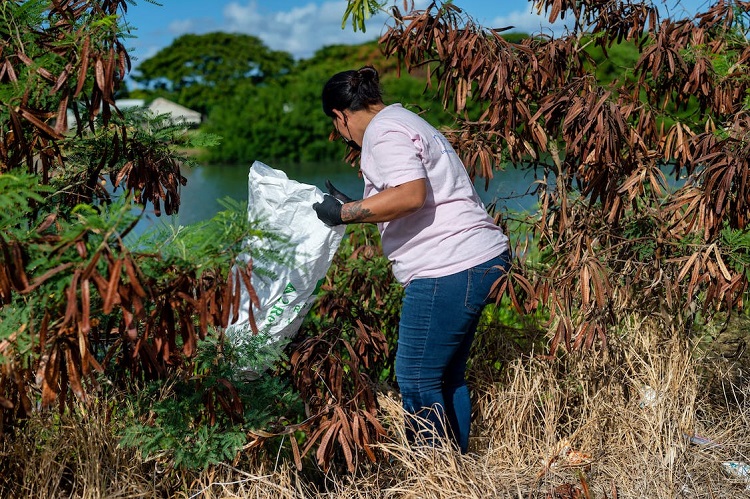
Spread the word about environmental issues and how people can help make a difference. Start a blog, write articles, or give speeches. You can also participate in protests and boycotts.
Educate Others
One of the most important things you can do as an environmentalist is to educate others about the issues. Teach kids about recycling, energy conservation, and other ways to protect the environment. You can also reach out to adults through work, church, or community groups.
Take Action
In addition to educating others, it is important to take action yourself. Reduce your own carbon footprint by conserving energy and resources. You can also support businesses and politicians that are working to improve the environment.
Becoming an environmentalist is a great way to make a difference in the world. By taking action and educating others, you can help protect our planet for future generations.
Start From Your House!
The most important thing is to find what works for you and then do everything in your power to enact change. Every little bit helps! Here are some ideas to get you started:
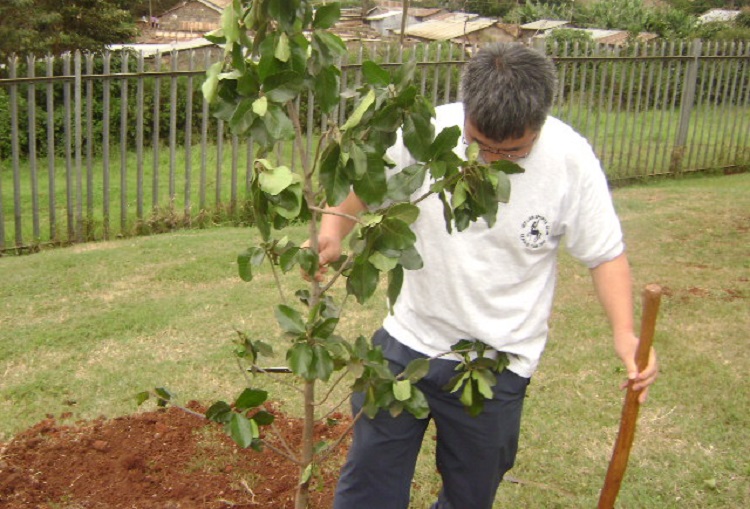
- Start recycling at home and composting your food waste.
- Use less water when possible. Turn the faucet off while brushing your teeth, and water your plants during the cooler hours of the day.
- Walk or bike instead of driving whenever possible. Carpool or take public transportation when available.
- Be energy efficient in your home by using energy-saving light bulbs and appliances.
- Reduce, reuse, and recycle as much as possible.
- Buy eco-friendly products made from recycled materials.
- Plant trees and flowers, or start a garden that will help improve air quality and provide habitat for local wildlife; otherwise, it will lead to global warming.
- Volunteer for a local cleanup day, or join an environmental group.
- Educate yourself and others about environmental issues. Write articles, give speeches, or teach classes on the subject.
- Advocate for change by contacting your local representatives and voicing your opinion on important issues.
- Conduct scientific research to identify and solve environmental problems
- You can also support larger initiatives by campaigning for policy changes or donating to environmental organizations. This can be a great way to learn more about the issues and meet like-minded people.
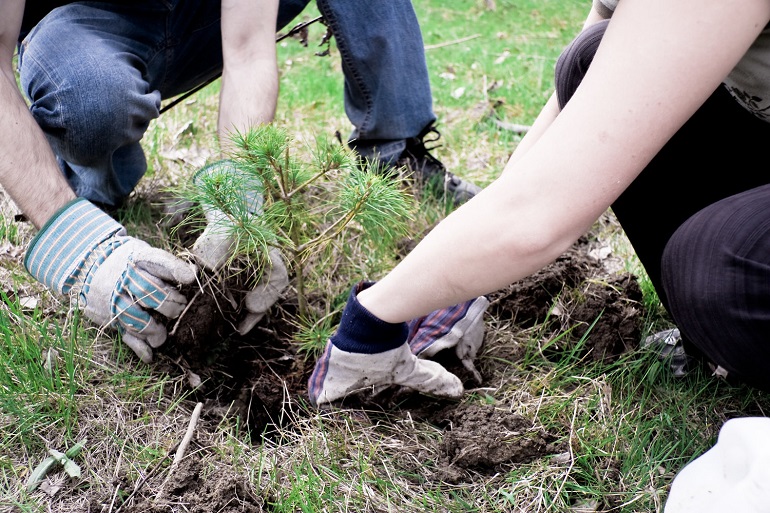
Every person has the power to make a difference. By working together, we can create a cleaner, healthier world for future generations.
What Does an Environmentalist Do?
An environmentalist works to protect the environment from pollution and other threats. They may work in various fields, such as education, research, activism, or policymaking. Environmentalists typically have a deep love for nature and want to ensure that future generations can enjoy the Earth’s resources.
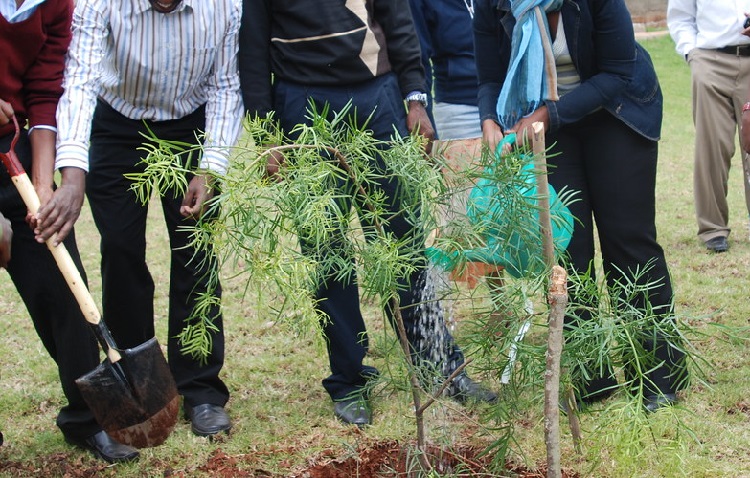
Becoming an environmentalist is not an easy task, but it is vitally important. There are many ways to get involved, and each person can find their niche within the movement. The most important thing is to take action and be a voice for the environment. The planet needs all the help it can get, so get out there and do your part!
Careers for Someone Pursuing Environmentalist Jobs
There are many different types of environmentalist jobs, but most careers in this field involve working to protect the environment, conserve natural resources, and promote sustainability. Many environmentalist jobs require a college degree, but there are also many opportunities for those without a formal education. Here are some examples of environmentalist jobs:
Environmental Scientist

If you want to work in the field of environmentalism, becoming an environmental scientist is a great option. Environmental scientists and specialists use their knowledge of the natural sciences to protect the environment and human health.
They may work in fields such as air quality monitoring, water quality testing, or hazardous waste management. They may clean up polluted areas, advise policymakers, or work with industry to reduce waste.
Becoming an environmental scientist requires at least a bachelor’s degree in environmental science, although many jobs will require a master’s degree or higher. Environmental scientists typically have strong research and analytical skills, as well as experience with environmental issues.
Environmental Engineer
The environmental engineer performs the following duties:
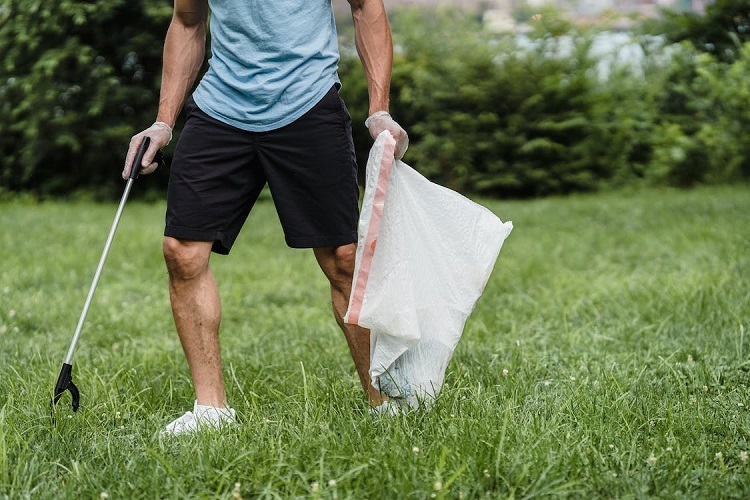
- Find and implement solutions to environmental problems.
- Design process to prevent or clean up pollution.
- Ensure that products are safe
- Supervise recycling programs
Environmental engineers design systems and products that help protect the environment. They may work in industry, government, or consulting firms. To become an environmental engineer, you will need a bachelor’s degree in engineering.
You can also pursue a master’s degree or Ph.D. in engineering with a focus on environmental engineering. Many environmental engineers also become certified through the National Environmental Health Association or the American Academy of Environmental Engineers.
Environmental Educator
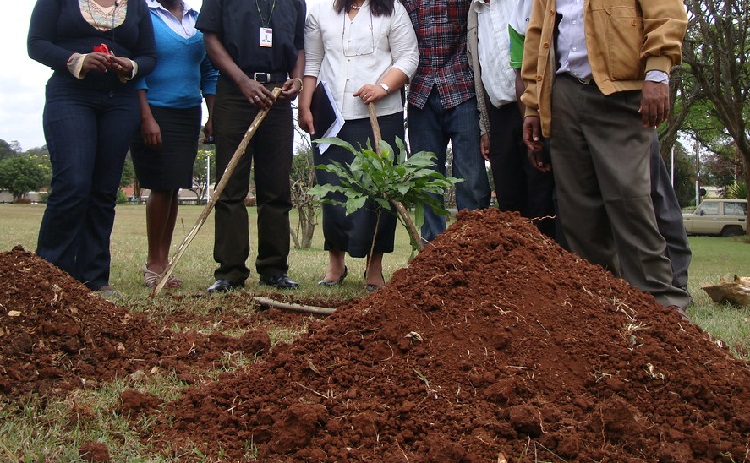
An environmental educator is someone who works to raise public awareness about environmental issues and promote sustainable living practices. Environmental educators may work in schools, community organizations, government agencies, or non-profit organizations.
Becoming an environmental educator requires a bachelor’s degree in environmental science or education, although some jobs may require a master’s degree. Many environmental educators also have teaching certifications.
Environmental Lawyer
An environmental lawyer is a lawyer who specializes in environmental law. Environmental lawyers represent clients in lawsuits against the government or other parties over environmental issues, such as air and water pollution, hazardous waste disposal, and the conservation of natural resources.
They also advise clients on compliance with environmental regulations. They may work for law firms, environmental organizations, or government agencies.
Most environmental lawyers have a Juris Doctor (JD) degree, although some may also have a master’s degree in environmental law or science. Admission to law school requires a bachelor’s degree and passing the Law School Admission Test (LSAT). After graduating from law school, lawyers must pass a state bar examination to be licensed to practice law.

Conservation Scientist
Conservation scientists work to protect natural resources, including plant and animal habitats, as well as water resources. They often conduct field studies to collect data on things like land use, wildlife populations, and soil erosion. This data is used to develop conservation plans.
Many conservation scientists work for government agencies, but some also work for private companies or nonprofit organizations.
Environmental Lobbyist
Environmental lobbyist works to persuade government officials and business leaders to support laws and policies that protect the environment. Many lobbyists are employed by environmental organizations, such as the Sierra Club or Friends of the Earth.
Some work for law firms that represent these groups. Others work for companies that have an interest in environmental issues, such as electric utilities or chemical manufacturers.
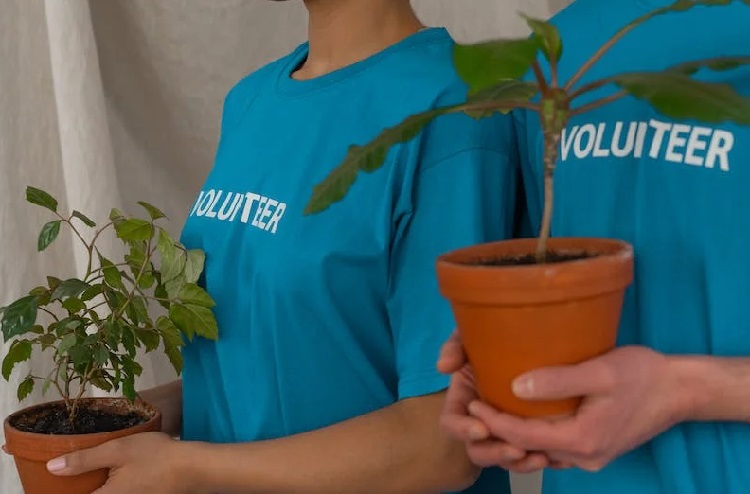
Most lobbyists have bachelor’s degrees in public policy, political science, law, environmental planning, and environmental studies. Many have a master’s degree or a law degree. Employers also value experience in the legislative process, fundraising, and working with the media.
Environmental lobbyists typically work long hours, including evenings and weekends. They frequently travel to attend meetings and conferences.
Recycling Coordinator
Recycling coordinators develop and oversee recycling programs. They may work for government agencies, corporations, or non-profit organizations. As a recycling coordinator, you would develop programs to reduce waste and recycle materials. You would also educate the public about the benefits of recycling.
Solid Waste Management Planner
As a solid waste management planner, you would develop plans to manage solid waste as any unwanted or unusable material, including garbage, paper, plastics, bottles, food scraps, and yard trimmings. You would work with businesses and government agencies to find ways to reduce solid waste and recycle materials.
Sustainability Manager

Sustainability managers develop and implement policies and programs that help organizations operate in a more sustainable manner. They may work in various industries, including manufacturing, retail, and healthcare.
There are many ways to become involved in environmentalism. The career you choose will depend on your interests and skills. With dedication and hard work, you can make a difference in the fight to protect our planet.
Final Thoughts
An environmentalist is somebody who cares about the environment and works to protect it. There are many different ways to become an environmentalist, but it all starts with wanting to make a difference.
Whether you choose to work in politics, for an organization, or live a “green” lifestyle, every little bit helps when it comes to protecting our planet.
Becoming an environmentalist does not necessarily require formal education. Still, many environmentalists have degrees in biology, ecology, chemistry, or other sciences. There are also many programs available that combine studies in the environment with other disciplines such as law or business.
Whatever you do to become an environmentalist, remember that every little bit helps! We all have to make environmental efforts to protect our planet. Thanks for doing yours!












